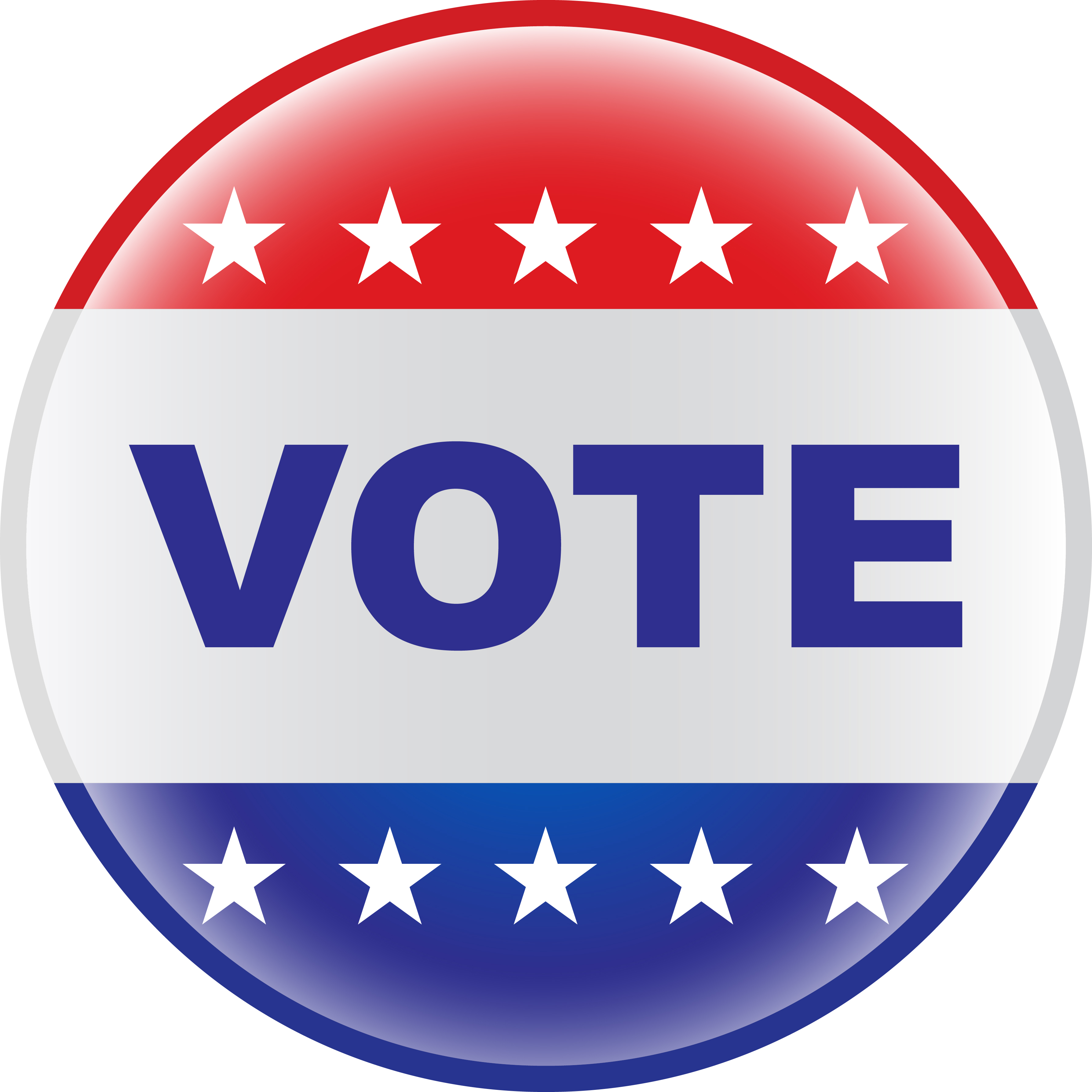[powerpress]
The Council’s 2013 Legislative Seminar on April 11 featured a workshop about voting rights. It was provided by Bob Hall, executive director of Democracy North Carolina, a group that advocates for voting rights and for proper safeguards against the influence of self-serving special interests in the political system.
The debate over whether voters should have to show a photo ID has raged from state to state, with backers saying such IDs are needed to combat voter fraud.
Nobody wants to see even one vote cast illegally, and it’s true that most voters already have photo IDs. However, those who don’t have them tend to be among society’s vulnerable. If the ID would be difficult or costly for them to get, the law would be unfair. And the kind of fraud by impersonation that a photo ID might prevent appears to occur so infrequently that election officials and prosecutors typically don’t see it as a serious concern. A person who claims to be someone else and goes on to cast a vote is committing a felony. Few people would be inclined to take that risk.
The centerpiece voter ID legislation is House Bill 589, which would require voters to present a photo ID issued by a government agency. Someone lacking a driver’s license or other ID could get a special identification card at the DMV for $10. Fees for the special ID or for the documents needed to prove identity could be waived. However, the person would have to swear, under penalty of perjury, to having a financial hardship.
As Hall pointed out at the Council’s event, with “financial hardship” not being defined in the bill, someone who claimed hardship could be set up for a challenge: “If you have a shirt on your back or you ate lunch, you don’t have a hardship.” The upshot is that complying with the ID rule could be onerous for some people – unnecessarily so.
Several other bills would cut back on people’s options to vote before Election Day. These options have been popular, allowing people to avoid lines at the polls and to fit voting into their busy schedules. But as it happens, early voting has been used more by Democrats. That underlies Republican-led efforts in North Carolina and elsewhere to narrow the voting window.
Hall listed HB 451, SB 428, SB 666 and SB 721 as bills that would trim the present three-week early voting period, end voting on Sundays and keep voters from registering and voting on the same day. Under SB 721, early voting would be limited to six days.
According to Hall, last year 56 percent of all votes and 70 percent of votes by African-Americans were cast during early voting. And Sunday voting also is popular among black citizens, under the banner of “souls to the polls.” It’s clear that holding down black voter participation is an unspoken aim of these bills.
HB 589, the voter ID bill, and HB 451, limiting the voting period, are among those being considered by the House Elections Committee, which meets Wednesdays at 1:00 p.m. in Room 643 of the Legislative Office Building. (Be sure to check the legislative calendar before going to these meetings, both to be sure a meeting hasn’t been cancelled and to see which bills are on the agenda.) Legislative leaders may want these bills to pass, but it will be a shame if they let North Carolinians’ precious franchise to vote be degraded.
– Steve Ford, Volunteer Program Associate


